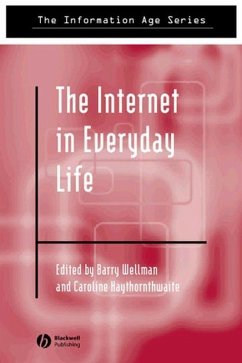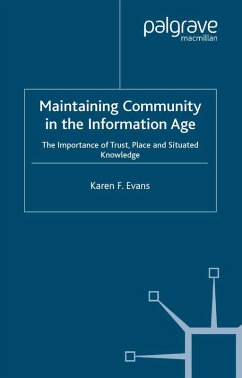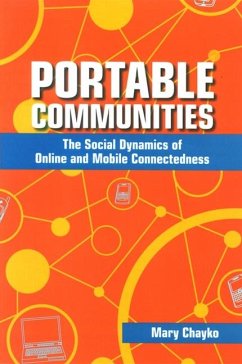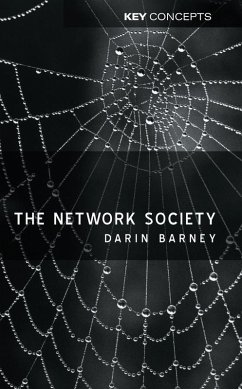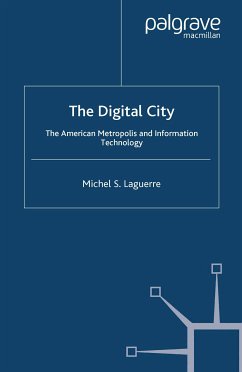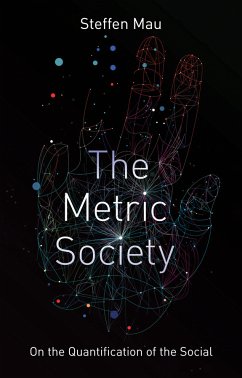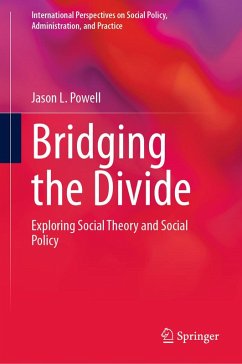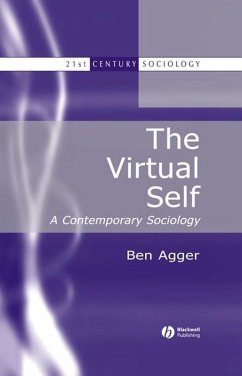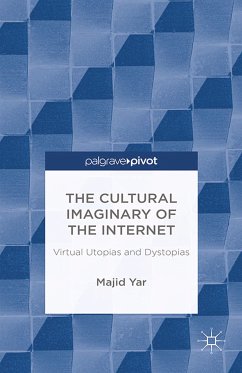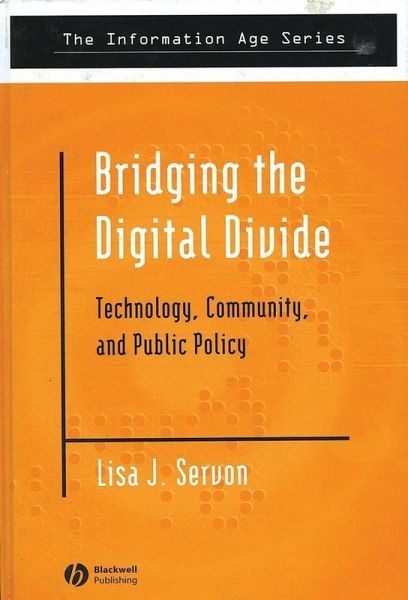
Bridging the Digital Divide (eBook, PDF)
Technology, Community and Public Policy
Versandkostenfrei!
Sofort per Download lieferbar
42,99 €
inkl. MwSt.
Weitere Ausgaben:

PAYBACK Punkte
0 °P sammeln!
Bridging the Digital Divide investigates problems of unequal access to information technology. The author redefines this problem, examines its severity, and lays out what the future implications might be if the digital divide continues to exist.
- Examines unequal access to information technology in the United States.
- Analyses the success or failure of policies designed to address the digital divide.
- Draws on extensive fieldwork in several US cities.
- Makes recommendations for future public policy.
- Series editor: Manuel Castells.
Dieser Download kann aus rechtlichen Gründen nur mit Rechnungsadresse in D ausgeliefert werden.



